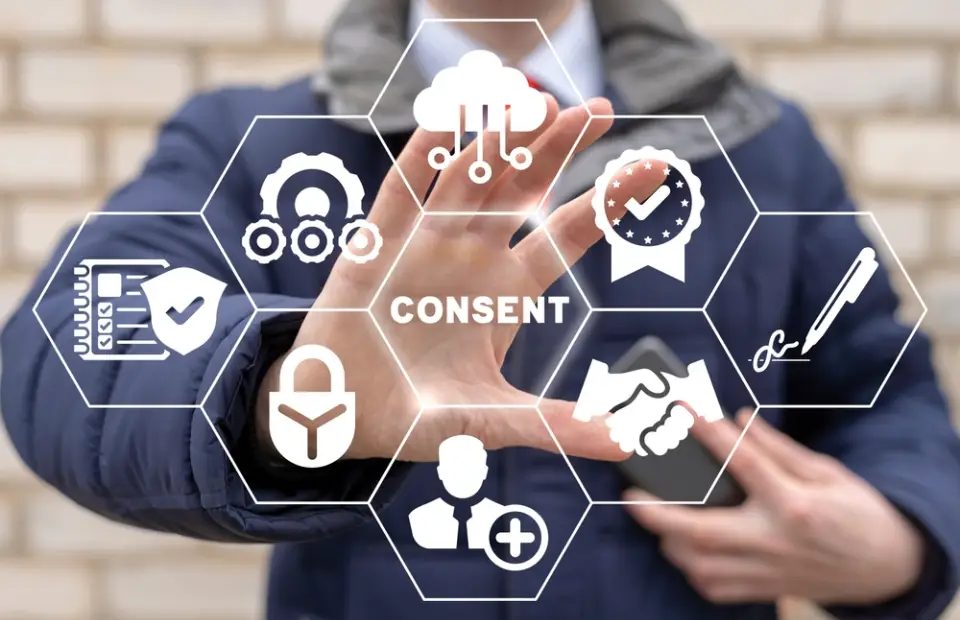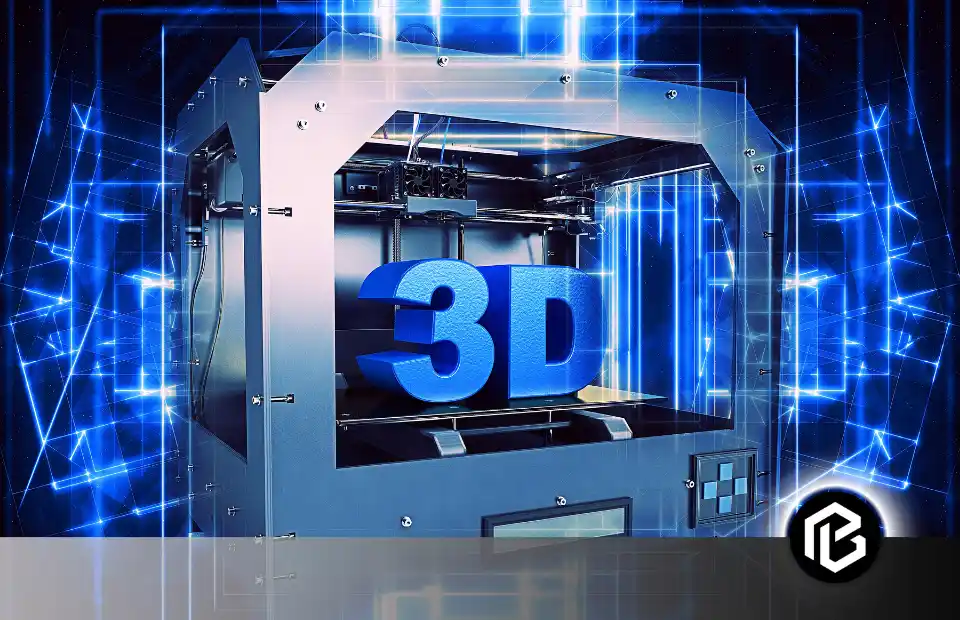AI ethics are a set of principles that help stakeholders, such as engineers and government officials, ensure that AI technology is developed and used responsibly. AI and robotics have become an essential part of our lives. AI has dominated every field of life, whether it belongs to medicine or the manufacturing of different products.
What if no ethics are followed in AI and robotics?
It might create destruction….!
Ethics include the rules that must be followed in doing any task.
So, when talking about the ethics in AI, these ethics must be followed to take advantage of the technology in the right way. Technology is no doubt a blessing, but if not followed in the right way, it can cause destruction. Thus, always ensure that the AI ethics in Robotics are followed to ensure the morality of the machines. These restrictions can be set through the different algorithms.
Importance of Addressing Ethical Concerns in AI and Robotics
Ethical considerations and concerns are essential to configuring AI Robotics to ensure that the systems are developed and deployed in moral-based ways in robots.
AI and robotics can impact our lives significantly, so it is crucial to establish guidelines and regulations to protect people and society. By addressing ethical concerns, we can minimize the risks and harm that may arise from the use of these technologies.
Ethical Considerations in AI Robotics
There is also debate over the ethical implications of AI because AI has an impact on many domains. Researchers, developers, and policymakers must focus on ethical considerations. They must work towards responsible and ethical AI practices. By establishing accountability and making such rules, we can manage these challenges and ensure that AI benefits society as a whole.
Some ethical considerations must be followed in developing AI robotics. These are given below.
1. Data Privacy
Data privacy is one of the significant issues to be addressed when talking about the ethical considerations in AI Robotics. Many cybersecurity experts have worked hard in this field. Data is an essential asset of any individual or organization. Thus, AI robotics must be designed in an ethical way to keep the data secure and private and should not reveal critical data to any unauthorized entity.

2. Security
The security of vital information matters a lot. Security ensures that the data is safe from any unauthorized change. Security ensures that the data integrity is maintained and unknown persons cannot change it. Thus, AI robotics must have such algorithms which ensure the integrity and security of the data.
3. Transparency & Explainability
Transparency and explainability are crucial features to be considered in the development of AI robotics. AI is a complex and vast field, and understanding its algorithms seems like it takes work. Clear explanation and understanding of the tasks by AI can help a lot in performing specific actions.
4. Bias and Fairness
There must exist equality in the judgment of AI robotics. These must be designed in such a way as to promote fairness and should not encourage favouritism or inequality. For example, when making a selection for jobs and employment, it should not be designed based on any biased selection. It must be trained to select the persons based on skills and experiences.

5. Responsibility
Responsibility is the ability to take ownership to perform any task. AI robotics must be responsible for performing the required activities in the intended way so that proper expected results can be achieved. Thus, the developers must address this aspect of the consideration in the best possible manner.
6. Human-Robot Interaction
Human-robot interaction can result in excellent progress of the operations. It can enhance the ways achievements are done using AI. There must exist a strong relationship between humans and robotics. Thus, robotics must be designed in a way to respond to humans according to their behaviour.

7. Informed Consent
Consent from authorized organizations or the government must be taken to develop AI robotics. Technology is a great power, but in the same way, its wrong use can also cause destruction. Programmers must know the pros and cons of AI robotics. They must have consented to program them so that dire circumstances can be avoided.

8. User Rights
User rights must be considered while developing AI robots. The need for robots is to help humanity. Thus, the robots must be developed and programmed in a way that helps individuals by considering user rights. They must not affect the user rights but work for user rights.

9. Ethical Design
The design of AI robotics must be ethical. AI designers need to design robots by keeping in mind practical and ethical design. Their design must not contain any requirement that is against human rights and cause difficulty for humans.

10. Governance and Regulation
There are some laws and regulations that the government enforces. Developers must keep in mind these regulations. They must ensure that AI robotics are designed with algorithms that do not break the rules that the government sorts. Otherwise, this may cause frustration in the society.

AI Ethics: Ensuring Morality in Machine Minds
It is essential to ensure that machines are ethically moral and are designed with the moral aspects of AI development. In this Digital Era, we are dependent on gadgets. AI and Robotics have effected our lives in many ways. So, Ethical design principles play a key role in creating AI systems that respect privacy. It’s also important to involve human values and morals in the design process so that AI systems can stand by our ethical standards. Ethical decision-making frameworks can guide AI systems in making morally ethical and moral choices that do not break any rule, considering factors like minimizing harm and promoting equality. Regular testing and evaluation of AI systems help identify and address any ethical concerns. By taking these aspects, we can create AI systems that not only perform well but also act ethically.
1. Challenges and Controversies
AI is a very vast field and dominates in all the fields, but there also arise challenges when working with machines and robots. Challenges and controversies in AI development are essential to be kept in mind.
As AI continues to advance, there are concerns about privacy and data security in AI algorithms.
2. Balancing Tasks
Balancing autonomy and control is a crucial challenge because we want AI systems to be independent but also accountable.
3. Unexpected Outcomes
Unexpected outcomes and behaviour can arise, but it is essential to detect them and remove them. Cultural considerations are also essential to ensure fairness and ethics. Thus, there is no doubt that establishing legal frameworks and rules is necessary to address privacy. By handling these challenges, we can create AI systems that are responsible and ethical. Moreover, many robots are used for elderly care these days, so ensuring ethics in robots is very necessary.
Future Directions and Recommendations
In future directions and recommendations for AI ethics, there are a few essential things to consider.

1. Efforts to work together
Collaborative efforts are critical in AI development because different stakeholders should work together to shape AI ethics.
2. Education and awareness
Education and awareness play a significant role, too. Thus, people need to be trained and educated well about the ethical implications of AI.
3. Continuous monitoring
Continuous monitoring and updates are vital to manage ethical concerns that may arise.
4. Government Policies
Ethical governance and policy development are also necessary to guide the development and deployment of AI technology. By focusing on these areas, we can ensure that AI is developed and used ethically and responsibly.
Conclusion
There are many challenges and issues in AI development; thus, the importance of balancing autonomy and control is very high to achieve ethical and moral results from AI. All of these aspects are crucial for making an ethical and responsible future with AI robotics. By ensuring ethical AI development, we can ensure that technology is in accordance with our values to affect society positively.
Frequently Asked Questions on AI Ethics in Robotics
Why is AI ethics important in robotics?
AI ethics is essential in robotics to address potential ethical dilemmas, ensure the safety and well-being of individuals, uphold human rights, and maintain public trust in AI technologies.
What are some ethical considerations in AI robotics?
Ethical considerations in AI robotics include fairness and bias in algorithmic decision-making, transparency and accountability in AI systems, privacy protection, autonomy and accountability of autonomous robots, and the impact of AI on employment and society.
How do we ensure fairness and avoid bias in AI robotics?
Fairness and bias in AI robotics can be addressed through algorithmic transparency, diverse data representation, bias detection and mitigation techniques, and ongoing evaluation and monitoring of AI systems for discriminatory outcomes.
How can we promote ethical awareness and education in AI robotics?
Ethical awareness and education in AI robotics can be promoted through interdisciplinary research, ethics training for AI developers and users, public engagement and dialogue on AI ethics, and the integration of ethics into AI curriculum and professional standards.





